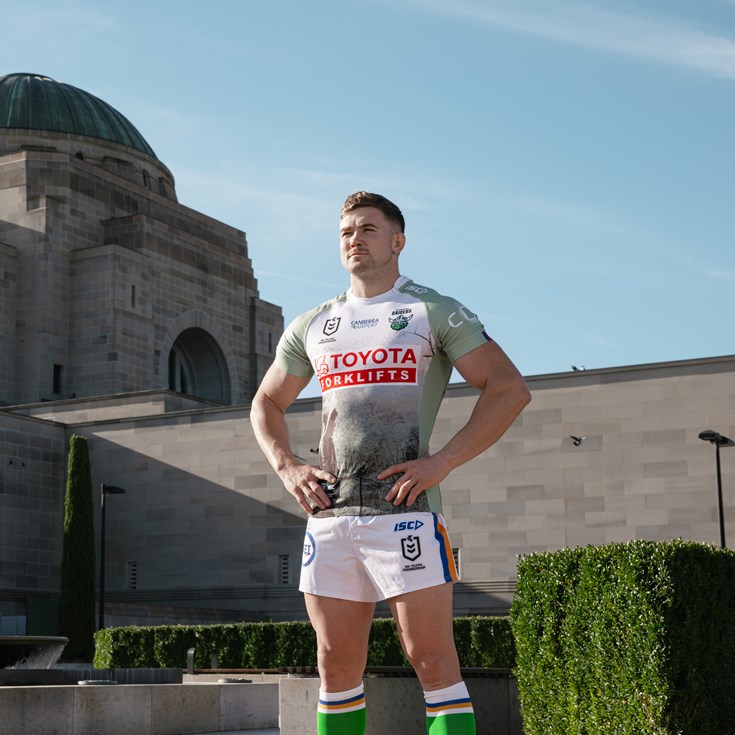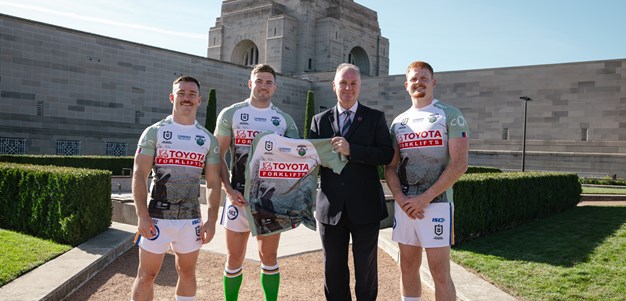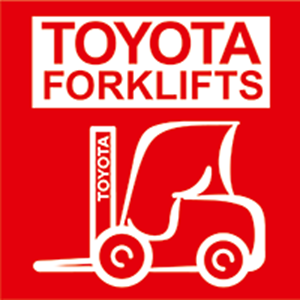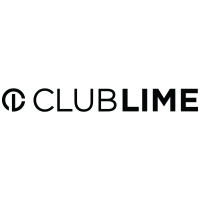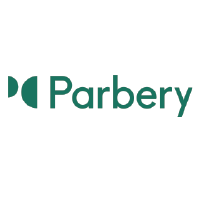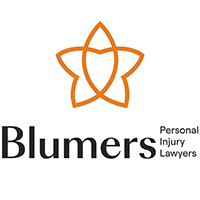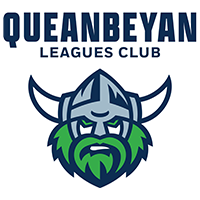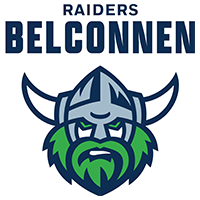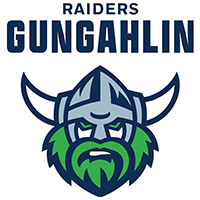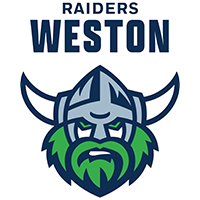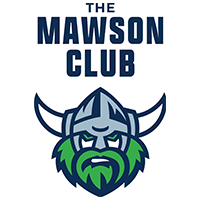It looks like you may be using adblocking software to view this site.
Many features on the site, such as video playback, may not work properly when using adblocking software.
Please whitelist our domain or disable your adblocker to access all features and videos.
NRL Indigenous round is one of the most special occasions on the NRL calendar. It’s an opportunity for proud Aboriginal and Torres Strait Island players to represent their culture, their family, and their people, while giving non-indigenous players the opportunity to learn and share some of their teammate’s cultures.
But what is it that hits home personally for each proud Indigenous player? What do they use this round for and how do they uniquely celebrate the opportunity to play on this special weekend?
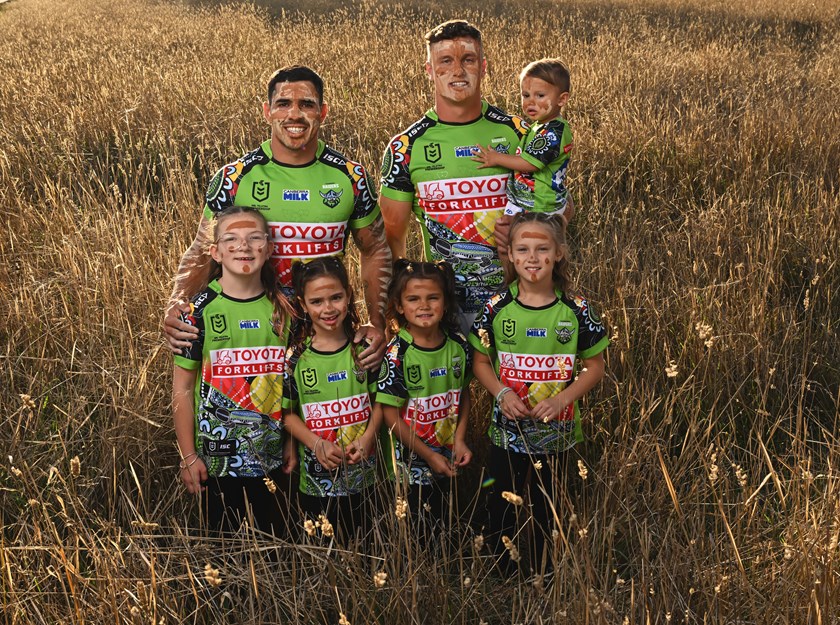
While Sunday’s match will be played on Ngunnawal country at GIO Stadium Canberra, players from both the Raiders and Sea Eagles of Indigenous heritage will also be representing their own personal connection to their mobs, their families, and their cultures.
We asked the current Raiders Indigenous stars what Indigenous round means to them and what they are looking forward to this Indigenous Round.
Jack Wighton – Wiradjuri
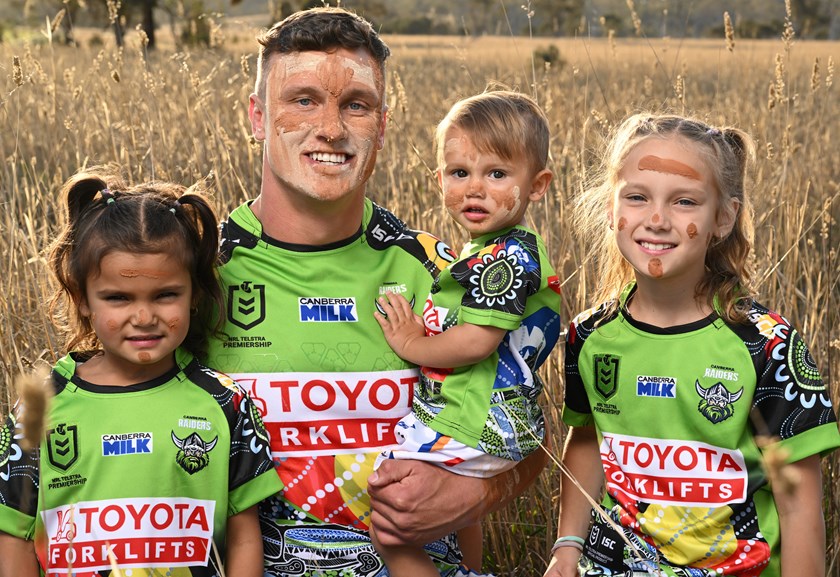
“It’s a massive round. You get to represent your family, your people, your tribe and get to give the young kids a lot of hope, so it’s a very special round to me.”
“All NRL clubs, we combine from people all around the world so to have this week where we get to represent and show a little bit of our culture and we get to learn ourselves just as importantly so it’s awesome.”
“It’s a great honour, it’s something I’m very proud of and something that I’m always willing to represent. It’s one of those things deep inside it makes you so proud and it’s going to be awesome to represent.”
Jamal Fogarty – Mununjali
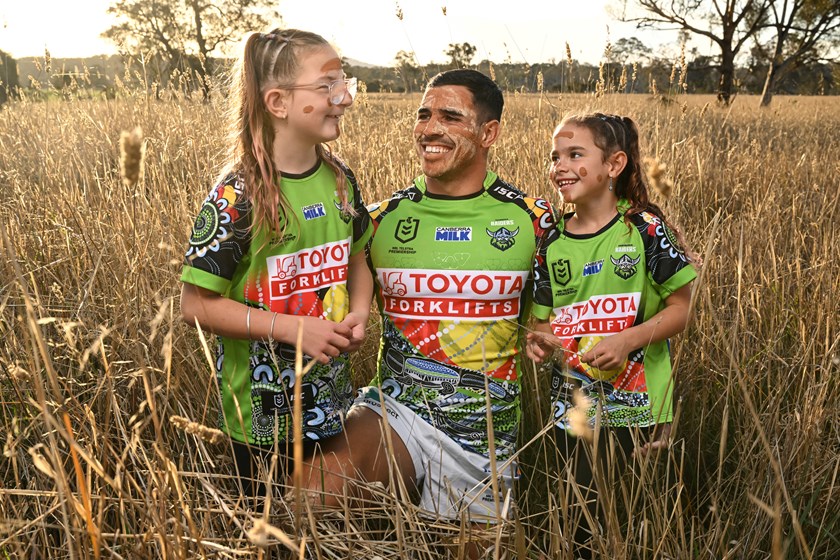
“Obviously Indigenous round is one that each player circles, especially myself. To represent our people, our beautiful history and our beautiful culture and the whole NRL gets to celebrate that throughout the whole week with activities and obviously jerseys on display and just to be able to showcase our culture I think is really awesome and the NRL is doing a great job.”
“I think it’s awesome. We live in Australia and there’s so many people that live here that wouldn’t know much about our culture. For us to rub shoulders with our own teammates and just to show them a little bit of our culture through the week I think it’s awesome especially being here on Ngunnawal country. Driving around Canberra there’s always something in the community that has got indigenous artwork or significance to our people. I think for us to get educated on it, that’s the thing we aren’t asking too much we just want people to, if you don’t know anything about it, just ask and get educated on it. I think doing that is taking a step in the right direction for our people.”
Sebastian Kris- Wagadagam & Panay (Torres Strait Island)
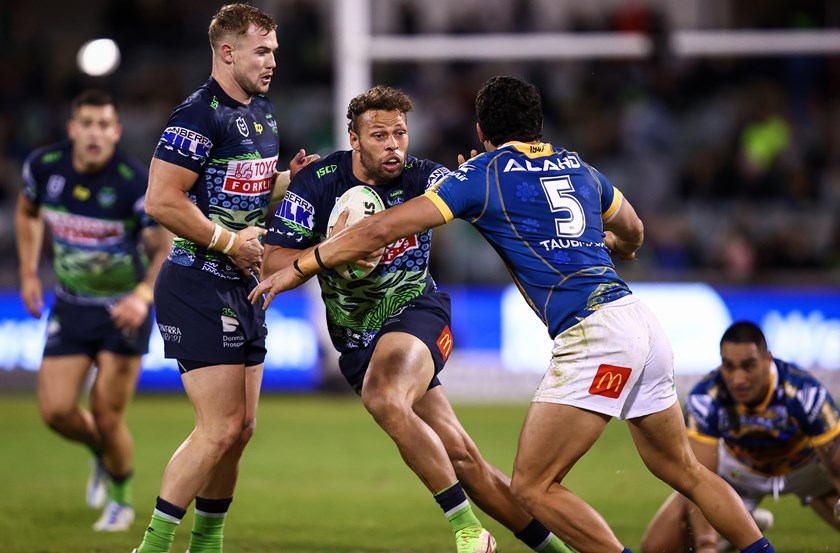
“I think the key to culture is talking to your elders, your Mum and Dad and it’s something I’ve tried to do is stay connected with my family and learn through them.”
“I’m not only playing for myself I’m playing for my family as well. Especially those people in the Torres Strait that don’t have a lot, they live and breathe footy and I know they’ll be jumping up and down this weekend.
It looks like you may be using adblocking software to view this site.
Many features on the site, such as video playback, may not work properly when using adblocking software.
Please whitelist our domain or disable your adblocker to access all features and videos.
Behind the Limelight: Episode Eight Sebastian Kris
Xavier Savage - Birri Gubba and Gunggandji (Aboriginal) and Erub, Darnley, Badu and Moa (Torres Strait Island)
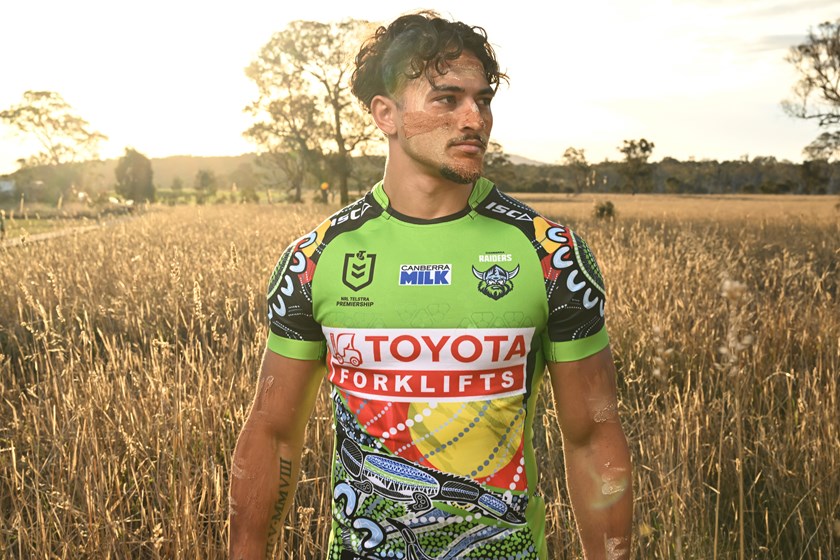
“It means everything. Especially with the indigenous community, rugby league plays a big part in that, especially where I come from up in Cairns, it’s a big rugby league community. Growing up with it, playing in the backyard with your cousins and uncles and all that, it’s just a part of who you are. The way that indigenous culture and rugby league integrate with each other means everything and to be able to do this on the biggest stage in the world, it means everything to me.”
“It’s good to acknowledge the First Nations people of this land and this country and to be able to embrace our culture. Just like today we got the chance to show all the non-indigenous boys what our culture is about and that really meant a lot to me and the boys here as well.”
Hohepa Puru – Dhurag with connection to Wiradjuri and Kamilaroi
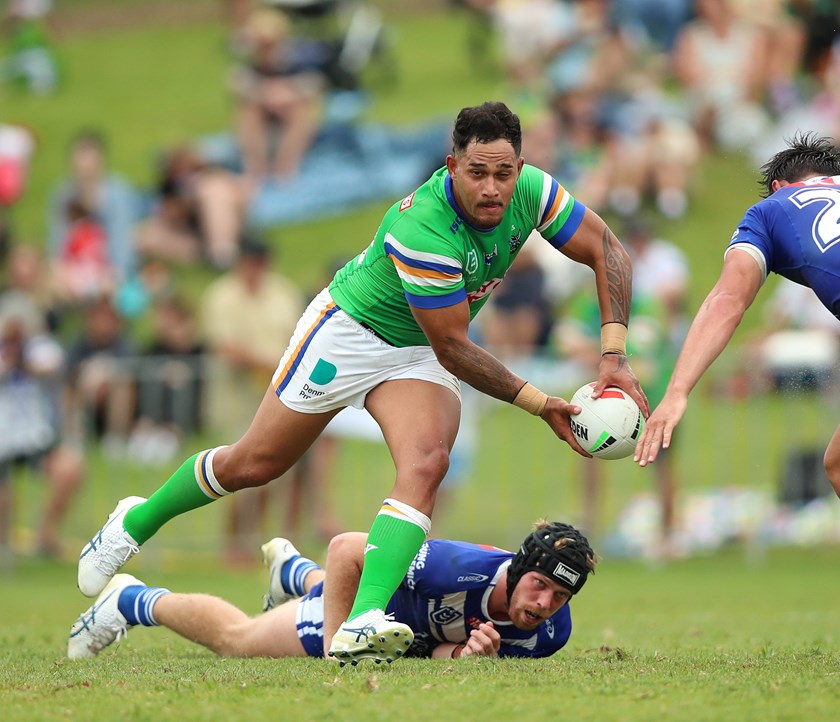
“What it means to me it’s a sense of pride. I get to be proud of who I am, I get to represent my culture, my people, my dad’s side so all my aunties and cousins. I’m very proud to represent them and hopefully put on a good performance for them.”
“I’m very proud. I’m not as connected as I’d like to be but growing up it’s always been a big part of me. I’m a proud Indigenous and Māori man, so growing up with Mum, she’s Māori but the Indigenous side is definitely a big part of me and my cousins and how I connect to them and land and culture.”
Elijah Anderson – Gungalu & Warrabal
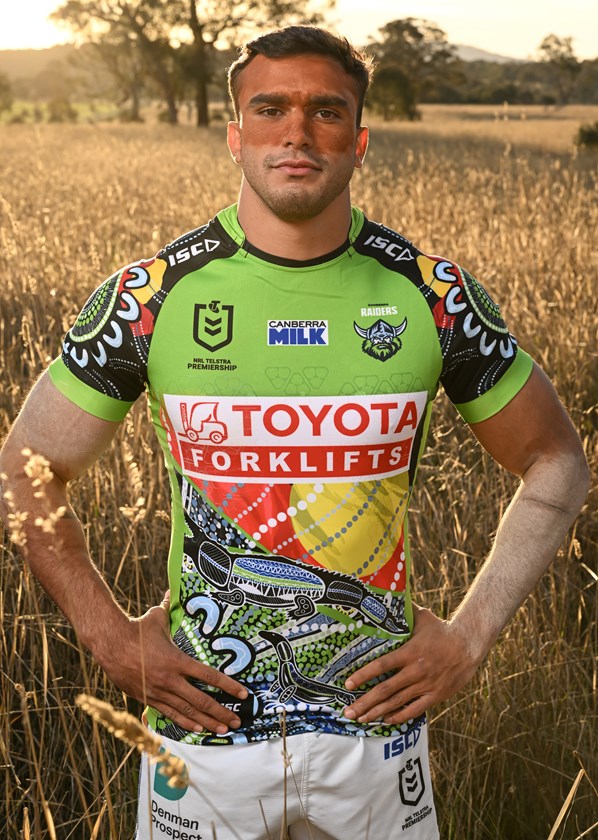
“It means a lot to me, coming from a pretty small region in Central Queensland, not really much happens there but the culture is really strong. To perform on the big stage brings a lot of inspiration to the people back home.”
“It means everything to me. I grew up with my grandma telling me where you come from is who you are but you choose everyday the person you become. I think that explains a lot with my culture.”
